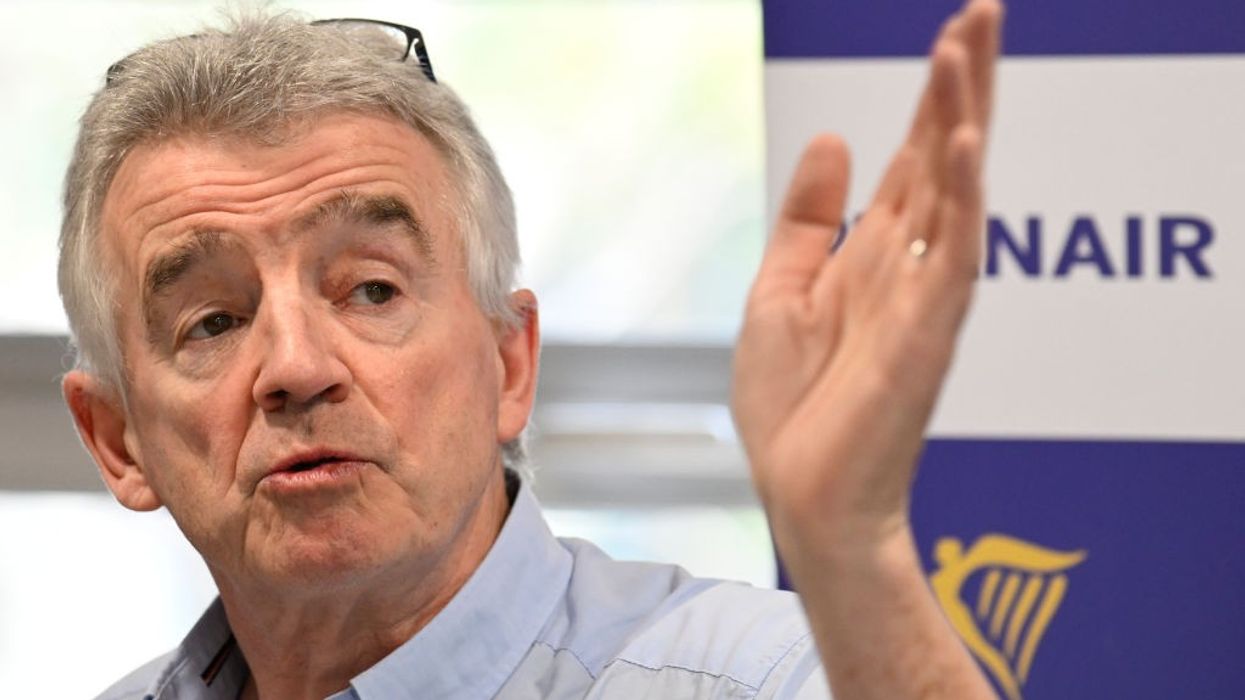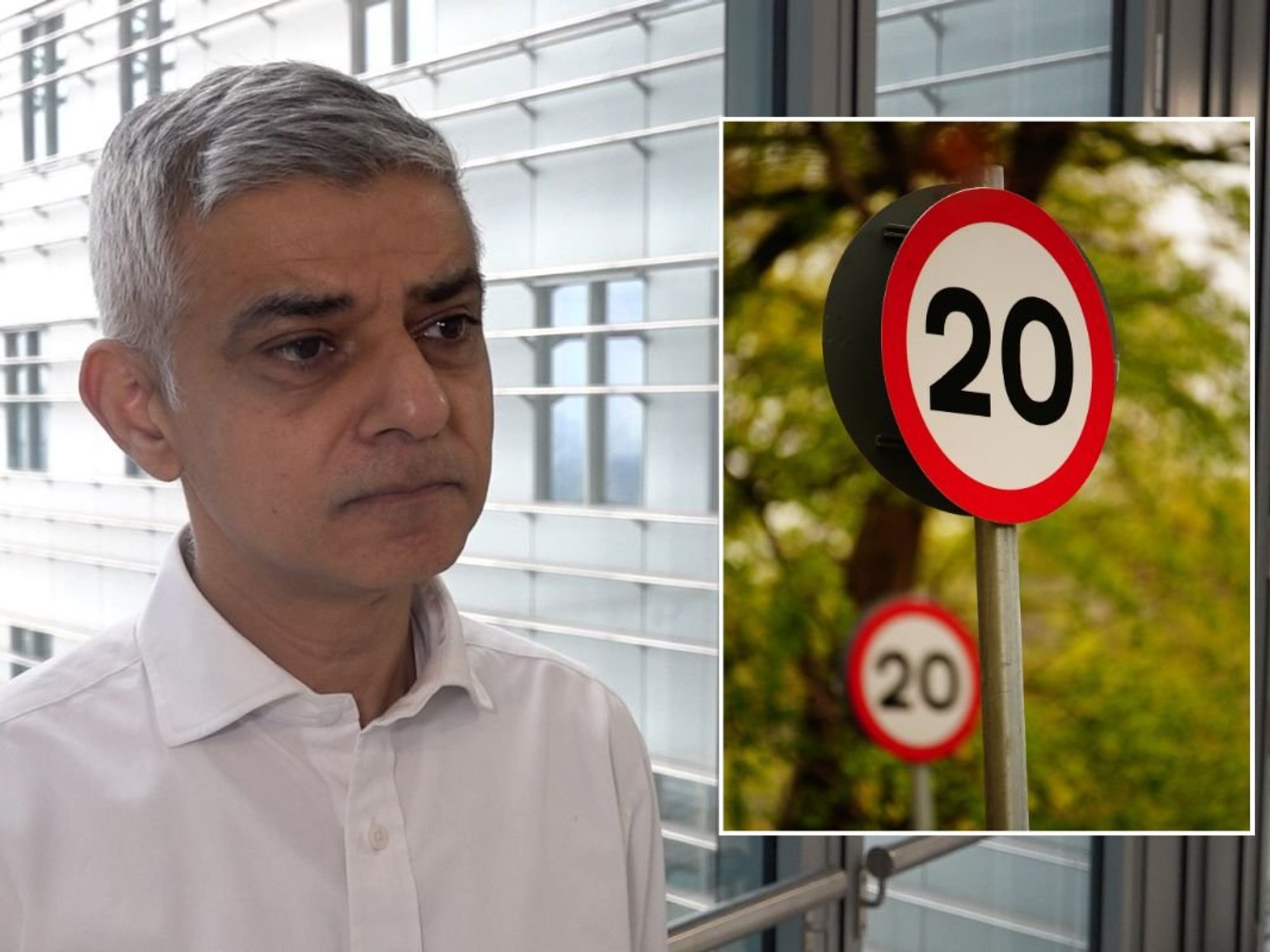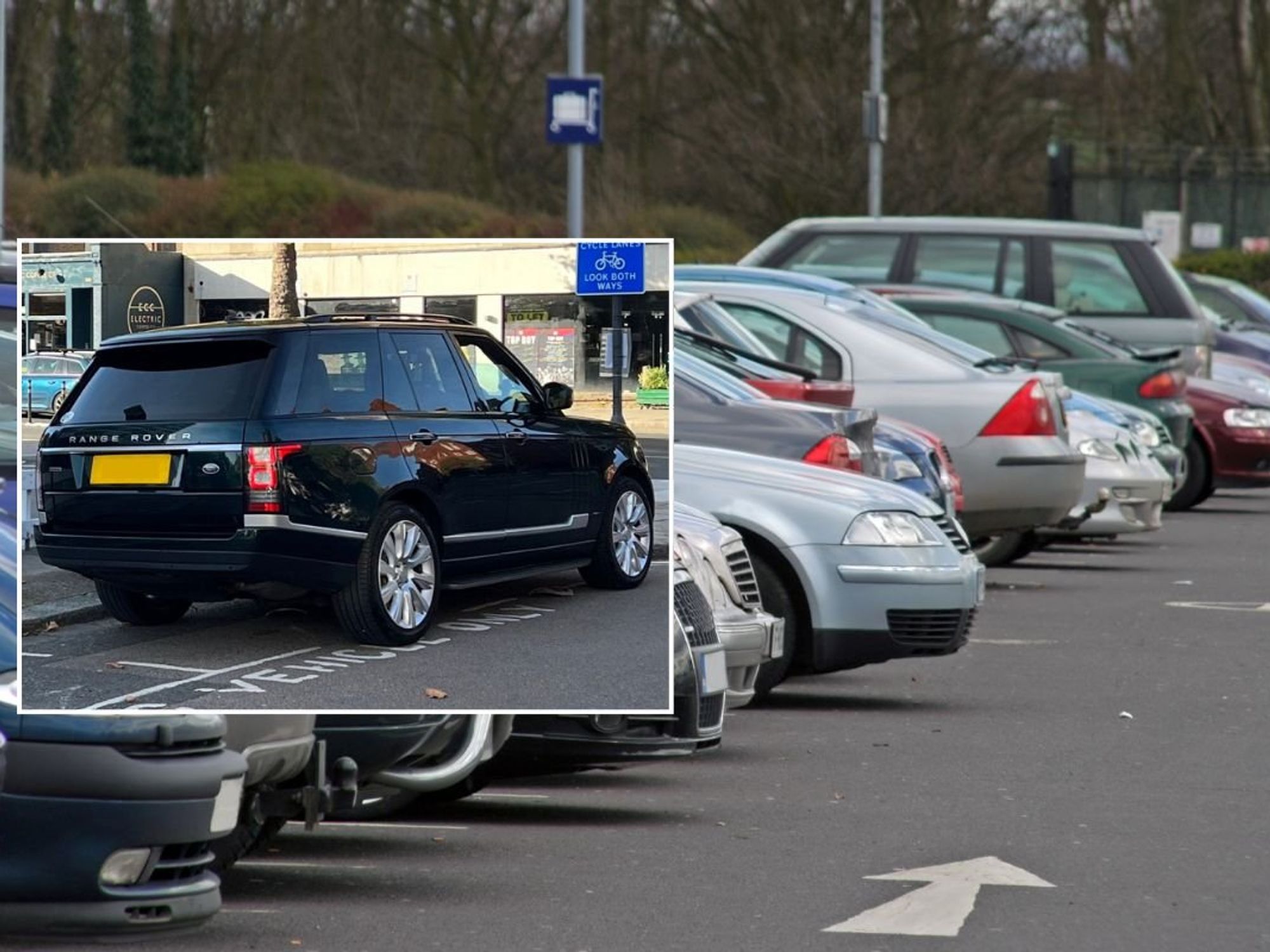Fury as Ryanair chief says he wants pensioners who voted for Brexit 'to die'

Ryanair boss Michael O’Leary has slammed pensioners who voted for Brexit as he suggests it will be 'a good thing' when they 'die'
|Getty

The airline boss has been met with anger over this comments
Don't Miss
Most Read
Ryanair boss Michael O’Leary has slammed pensioners who voted for Brexit as he suggests it will be "a good thing" when they "die".
The CEO now faces backlash from critics who have branded him "abhorrent" following the comments.
O’Leary said that leaving the single market was "the greatest act of economic self-harm perpetrated by any western government".
He added that the decision was "dumbest f***ing idea in history delivered by the dumbest politicians in history," before he attacked former Prime Minister Boris Johnson and GB News presenter Nigel Farage, calling them "lunatic halfwits."
Speaking to The Times, the Irish businessman said that when over-70s who voted for Brexit "die out in the next 10 or 15 years — which is a good thing — the younger people will change things.
"I’m not sure the UK will ever rejoin the EU but it will, in my view, rejoin the European single market in the next five to ten years, in a Swiss-style deal or a Norwegian-style deal."
His "extraordinary" remarks have been met with fury as he is condemned for his lack of "understanding" of Brexit.
Writing online, one social media user said: "Michael O'leary, leaving the institution of Europe wasn't just voted for by the over 70s, as for wishing them dead you are an abhorrent so called human being.
"Sour grapes is a bad emotion to harbour."
Speaking on GB News, Kwasi Kwarteng added: "I find that pretty extraordinary.
"He doesn't understand, he's a businessman. He doesn't really understand about democracy or care about sovereignty or any of the issues really in Brexit.
O’Leary is an outspoken critic of Brexit and has called for closer EU ties since Britain departed the bloc in 2020.
Michael Portillo also hit out at O’Leary on GB News, saying he "doesn’t know very much about accountability in politics" and fails to realise that Brexit was not a decision taken with his airline in mind.










